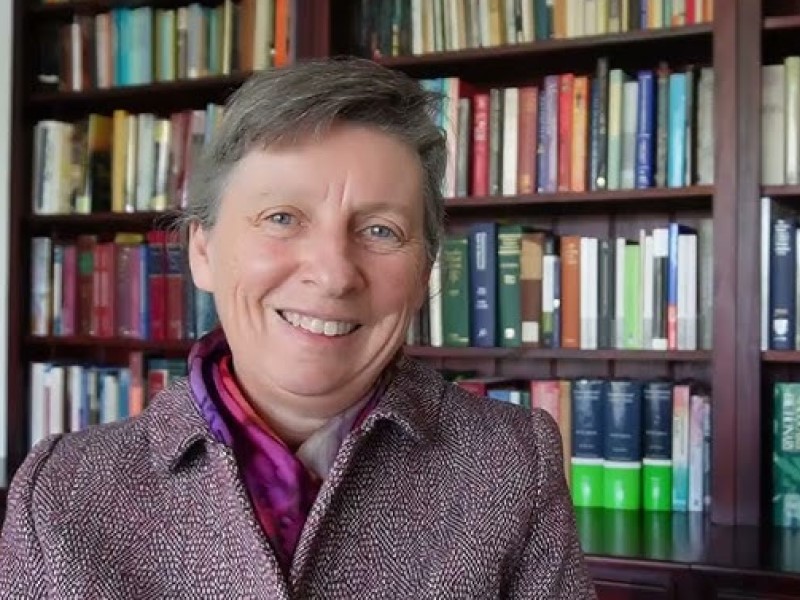Australia’s leading constitutional law expert Anne Twomey says there is a potential “constitutional problem” with the government’s definition of misinformation and serious harm in proposed laws.
Appearing before a Senate inquiry into the Combatting Misinformation and Disinformation Bill on Monday, Ms Twomey said examples in the explanatory memorandum could capture political communication, an implied constitutional freedom.
But the Sydney University Professor Emerita argued that the definitions in the text of the bill, which she expressed no particular concern with, is “completely different” with the explanatory memorandum, making it “all very confusing”.
She also expressed concerns around the practicality of identifying mis- and disinformation on foreign-based social media platforms, noting that “outsourcing censorship to foreign corporations generally, is not a good idea”.

The bill, which passed through the House of Representatives on Thursday, is currently being scrutinised by a Senate committee inquiry. It proposes that the Australian Communications and Media Authority be given the power to set misinformation standards and fine social media companies for not adequately dealing with harmful misinformation.
The government initially delayed bringing the bill before Parliament after it was widely panned by legal experts, online platforms and rights groups.
The explanatory memorandum (EM) to the bill defines misinformation as content containing information that is “reasonably verifiable as false, misleading or deceptive”, where information “is intended to include opinions, claims, commentary and invective”.
Ms Twomey said that while facts may be verifiably true or false, “you can’t prove that someone’s opinion is false”.
The EM states that independent fact checkers and experts could help decide for deciding on a case-by-case basis whether information is verifiable as false, but Ms Twomey said these are prone to many issues.
For example, she has often found herself “working for free for [fact-checkers] for a really long time, and that’s a problem in itself”.
“There are very few [experts] who are prepared to waste their time doing this stuff because they have a real job… so very few people who actually do it,” Ms Twomey said.
Earlier in the hearing, Ms Twomey characterised fact-checkers as hard working and “well meaning, but they are not experts… and the impression I get is that these are just, frequently, young kids out of university”. She also said there is “not a hope that anyone in America knows” what would be serious harm in an Australian context given the billions of posts each day.
Following a potential fact check on a political issue, using the Coalition’s nuclear energy policy as an example, Ms Twomey raised concerns that the definition of whether mis- or disinformation amounts to ‘serious harm’, as per the EM, would land “whack bang into political communication”.
The bill flags that “harm to the operation or integrity of an electoral or referendum process in Australia” could constitute serious harm. “On the face of the words”, Ms Twomey says misinformation on a policy proposal “isn’t harming the process at all”.
But the EM casts doubt on Ms Twomey’s interpretation of the bill. The EM cites a study that found “disinforming news” in Germany pushed people to voting for the right-wing populist party AfD which would be getting into the actual political issues that lead to the voting,” on Ms Twomey’s reading.
“Once you get beyond what’s verifiably untrue to things like claims and opinions that are made during an election process, and once you say, oh, it’s not just the electoral process, but we say the electoral process is undermined. If people are told things that might mislead them, then your right whack bang into political communication, and that’s where the thing will fall over.”
For Ms Twomey, the bill as worded is fine, but the confusion created by the examples in the EM is where “potentially the constitutional problem comes in”.
Do you know more? Contact James Riley via Email.

